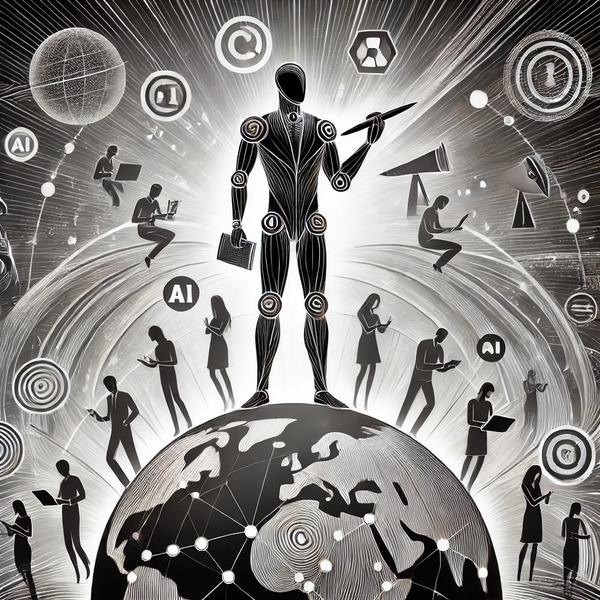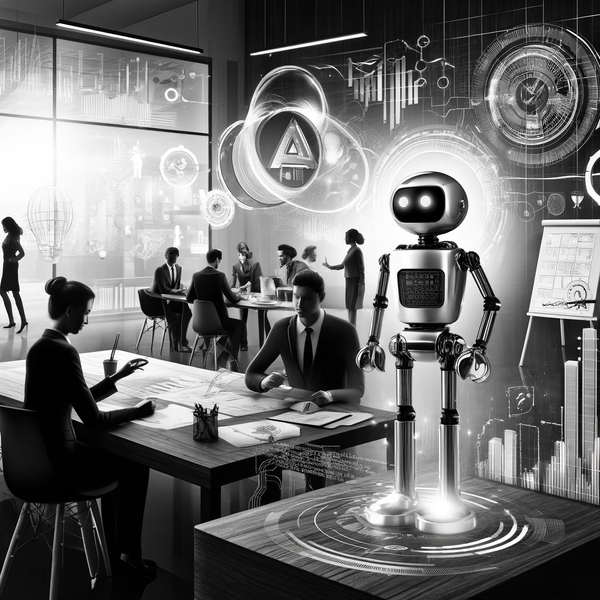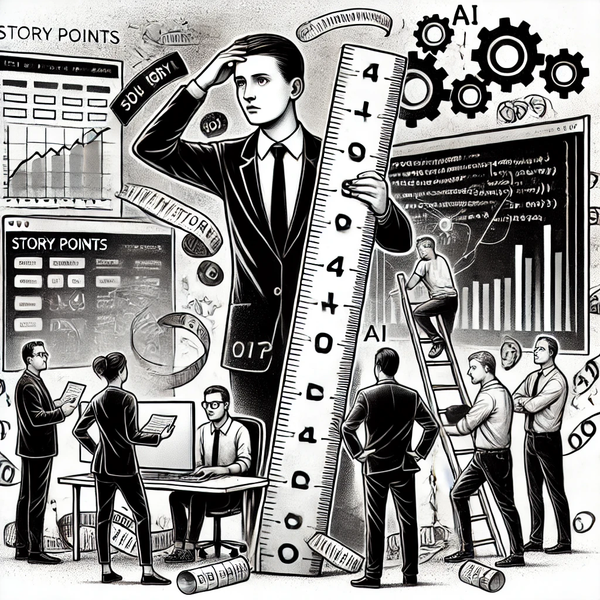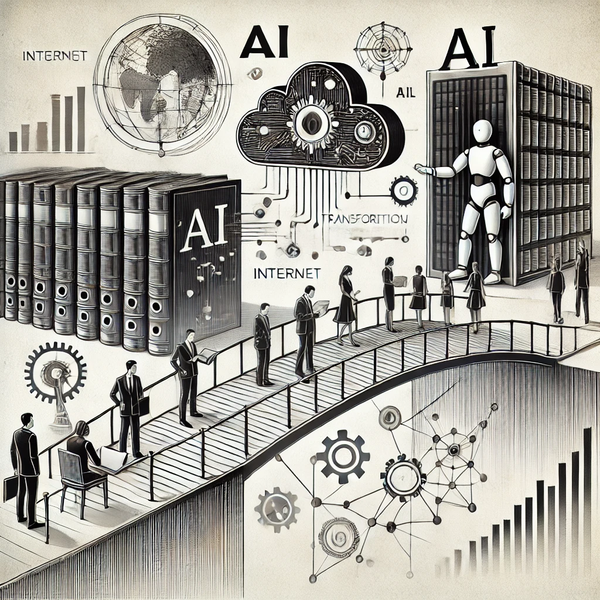The End of SaaS as We Know It: How AI Agents Are Redefining Software
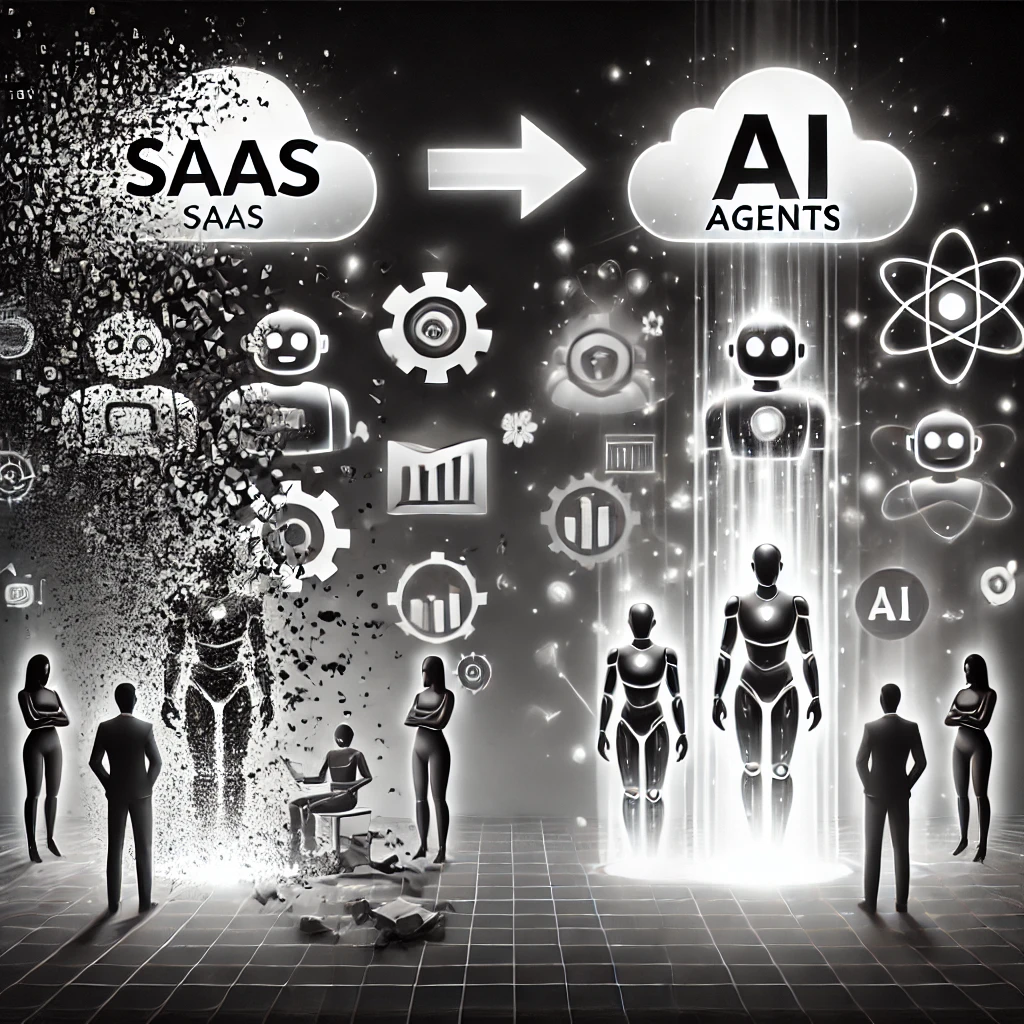
The software industry is entering a transformative era. For years, Software as a Service (SaaS) applications have been the backbone of enterprise operations, offering scalable, cloud-based solutions for businesses worldwide. But with the rise of artificial intelligence (AI) agents, the traditional SaaS model may soon become a relic of the past. AI agents are poised to take over many of the core functions of SaaS applications, changing how software is built, licensed, and utilized.
The Rise of AI Agents: A New Approach to Software
AI agents are autonomous programs capable of executing complex tasks, learning from data, and making decisions in real-time. Unlike traditional software, which relies on predefined logic and workflows, AI agents dynamically adapt to changing conditions, enabling them to manage processes across multiple systems and applications.
SaaS applications, in comparison, are largely built as CRUD (Create, Read, Update, Delete) systems with business logic baked into their design. AI agents are disrupting this model by taking on those same functions—organizing workflows, analyzing data, and automating routine tasks—without the need for the traditional application structure.
This shift is significant because it eliminates the reliance on prebuilt software. Instead, businesses can deploy AI agents to handle tasks in a way that is more customized, efficient, and intelligent than what SaaS applications traditionally offer.
Why SaaS is Being Redefined
The SaaS model has long been celebrated for its scalability and accessibility, but its inherent limitations are becoming more apparent in an AI-driven world:
Simplification of Business Logic
Many SaaS platforms are designed to serve a broad range of users with standardized workflows. AI agents, however, can dynamically learn and execute processes specific to an organization, rendering static business logic obsolete.
Reduction in Licensing Complexity
SaaS applications are often licensed on a per-user or per-seat basis, which can become costly and restrictive as organizations grow. AI agents offer a more flexible alternative, where licensing may shift to usage-based or outcome-based models.
Customization at Scale
With SaaS, customization is often limited or expensive. AI agents, by contrast, allow businesses to tailor solutions to their exact needs, adapting workflows and automating processes in real-time.
Accelerated Development
AI tools are making it easier than ever to build software. Organizations can now deploy AI agents directly to manage their systems, bypassing the need for traditional SaaS entirely.
The Future of Software: Powered by AI Agents
The rise of AI agents signals the dawn of a new era in software development and utilization. Rather than relying on SaaS platforms to provide prepackaged solutions, organizations can harness AI agents to perform tasks autonomously and intelligently. This has profound implications for how businesses operate:
Enhanced Efficiency
AI agents can streamline operations by automating repetitive tasks, analyzing data, and making real-time decisions. They eliminate bottlenecks, reduce errors, and enable faster, more accurate execution of business processes.
Greater Flexibility
Unlike traditional software, which requires extensive development cycles to implement changes, AI agents adapt to new requirements almost instantly. This flexibility allows organizations to respond quickly to evolving business needs.
Lower Costs
By replacing SaaS subscriptions with AI-driven workflows, companies can reduce their reliance on external platforms, cutting licensing costs and improving ROI. AI agents can also optimize resource utilization, further reducing operational expenses.
Empowered Innovation
With AI agents handling routine tasks, businesses can redirect resources toward innovation. Teams are freed to focus on strategic goals, creative problem-solving, and high-impact initiatives, driving long-term growth.
A World Without Traditional SaaS
As AI agents continue to evolve, the traditional SaaS model may become less relevant. This doesn’t mean the end of enterprise software but rather its reinvention. AI agents allow organizations to build and deploy intelligent systems tailored to their specific needs, removing the need for one-size-fits-all solutions.
However, this shift also challenges businesses to rethink how they approach software procurement, licensing, and development. In this new paradigm, companies will rely on AI not just as a tool but as a fundamental driver of how they operate.
The Next Chapter in Software
The SaaS revolution once reshaped how businesses accessed and utilized software. Now, AI agents are poised to do the same—ushering in a future where software is no longer purchased and used in the traditional sense but built, managed, and customized autonomously. This transformation isn’t just about replacing SaaS; it’s about reimagining how software supports business innovation, agility, and success in an increasingly AI-driven world.

